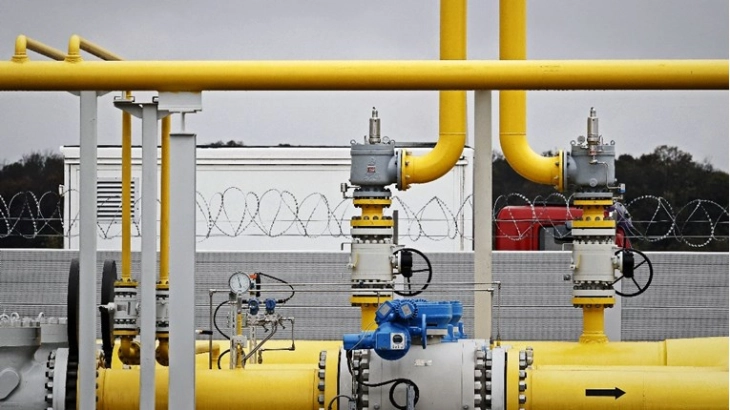The ruling majority in the Bulgarian parliament has come to an agreement to scrap the tax imposed on Russian gas passing through Bulgaria’s territory. This move, led by GERB leader Boyko Borissov, aims to support Bulgaria’s aspirations to join the Schengen Area.
Kiril Petkov, from the party We Continue the Change, announced this decision, emphasizing Bulgaria’s alignment with the broader European stance. He stressed the necessity for collaboration with the European Commission to implement such taxes collectively across European nations, effectively impacting the Russian economy.
Petkov clarified that they await guidance from the European Commission on establishing a new fee structure and reiterated their readiness to act upon receiving the Commission’s directives.
Borissov highlighted the urgency of removing any potential obstacles, like this fee, that might hinder Bulgaria’s Schengen accession, as the country is in the final stages of the process.
Concerns emerged when the tax was introduced in October, casting doubts on Bulgaria’s ability to collect the anticipated €2.4 billion from Russian gas transit. The implications of this tax were expected to affect Hungary and Serbia significantly, potentially causing a 20% surge in gas prices for end-users. Both countries urged Bulgaria to reconsider its implementation.
Official appeals were made by Serbia and Hungary to the European Commission, challenging Bulgaria’s tax decision. Serbia’s Mining and Energy Minister Dubravka Djedovic Handanovic highlighted the inconsistency with European regulations and referenced past instances where similar decisions were suspended.
There were expectations in Bulgaria regarding revenue from the new fee by November 14th, but concerns surfaced among energy experts about the feasibility of receiving this income. The complexity arises from certifying pipeline gas as solely Russian, given its amalgamation from various sources.




Comments are closed for this post.